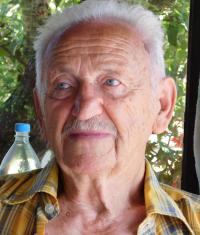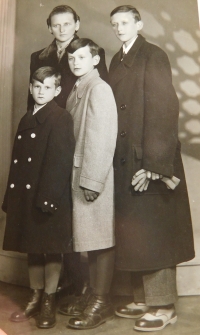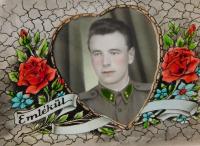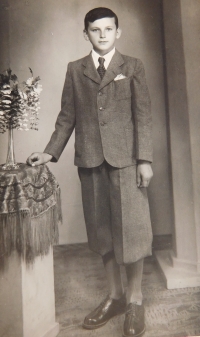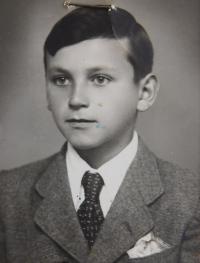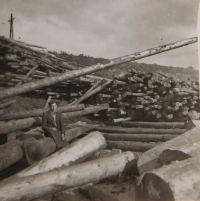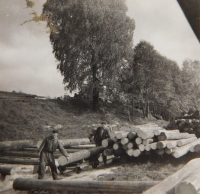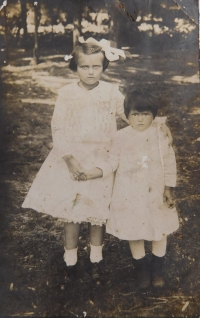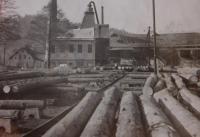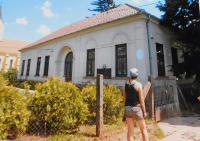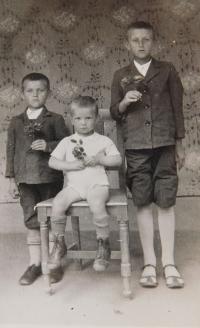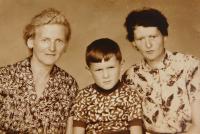From the Hungarian lowlands to the mountains of Jeseníky
Download image
Josef Hocz was born on 20 July 1936 in the village of Gerendás in Békés County in south-eastern Hungary. His family was part of a community of Slovaks who had settled in the area in the early 18th century, when the country was still part of the Habsburg Monarchy, to replace population losses from the Ottoman-Habsburg wars. Under an agreement on the “exchange” of inhabitants between the Czechoslovak and Hungarian governments in October 1947, the family remigrated to Czechoslovakia. But instead of the promised destination of southern Slovakia, they ended up in the northern Moravian border town of Jeseník. Aged a mere 15, Josef Hocz was employed as a sawmill labourer, where he worked for forty-seven years, until his retirement. As of 2018, he still lives in Jeseník and is now probably the last living native of Gerendás to inhabit the Moravian borderlands.
